Thinking parenting Blog
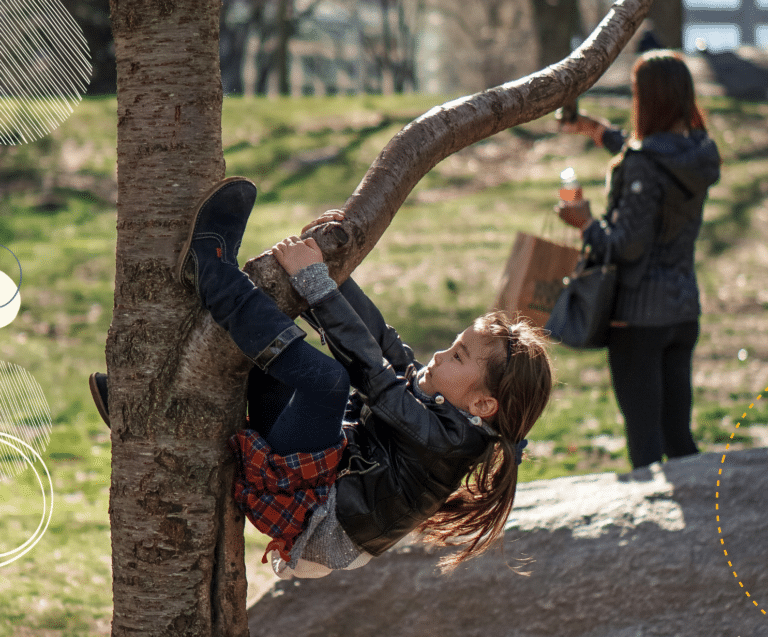
Why risky play is important
Risky play is important for the development of children’s knowledge, skills, self-esteem, resilience and attitude to learning. It is a vital ingredient for growing healthy and happy children....

Helping teens cope with school stress and grade anxiety
As a parent, it is easy to make assumptions about the impacts of school stress on teens – but education has changed a lot since we were teenagers. I asked 15-year-old Lydia Bach from This...

Identity shifts: how motherhood changes us
For me, becoming a mother was like being hit by a bus. I knew there was a baby coming and that babies were full-on and hard work but I was not expecting the complete shift in my identity that I...
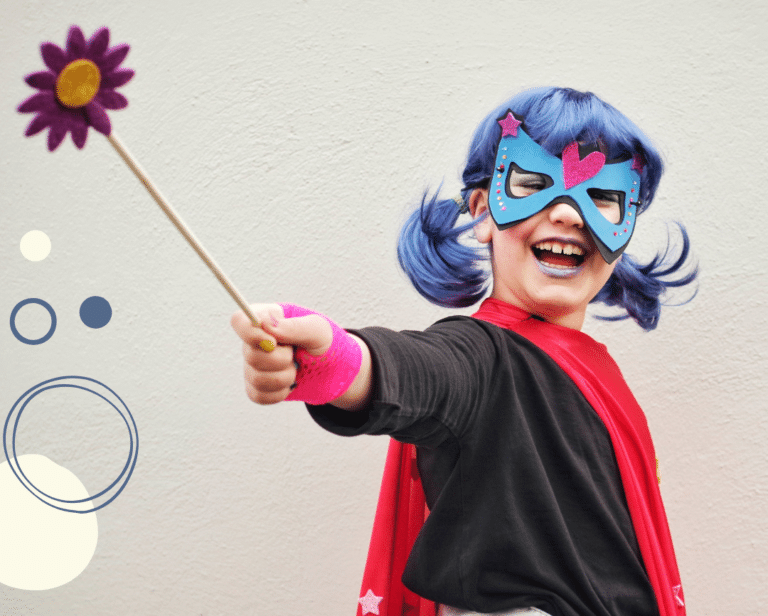
Parenting a child with ADHD
Usually, my approach to blog writing (and to supporting parents in general) is to stick rigorously to what we know from evidence and research. My personal experiences with my own children help me...
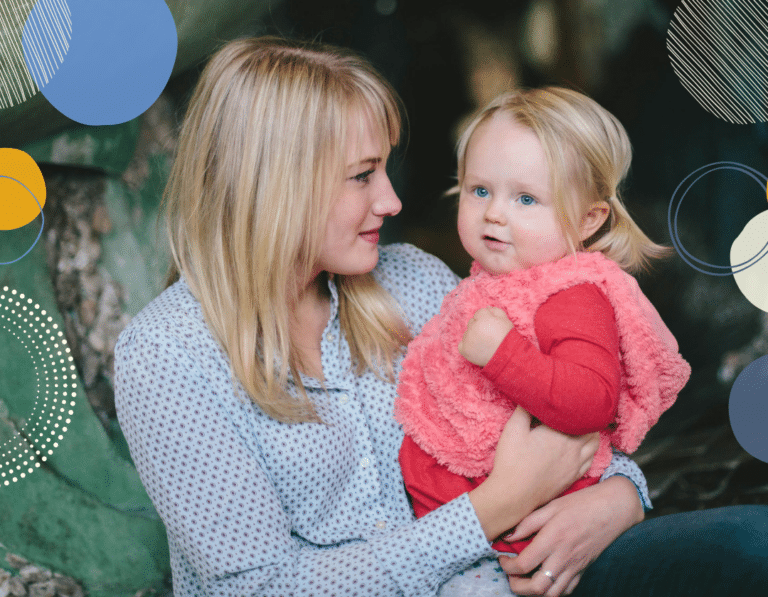
Parenting when you’re autistic
Parenting is never easy. There will always be difficult moments and conflicts. However, parenting when you’re autistic (or otherwise neurodivergent) can pose some specific challenges. For...

Promoting healthy body image in girls
Guest post by Janet Boseovski & Ashleigh Gallagher, authors of Beyond Body Positive* Girls begin to think about their bodies (how they look and how they are seen by others) early in life. Even...
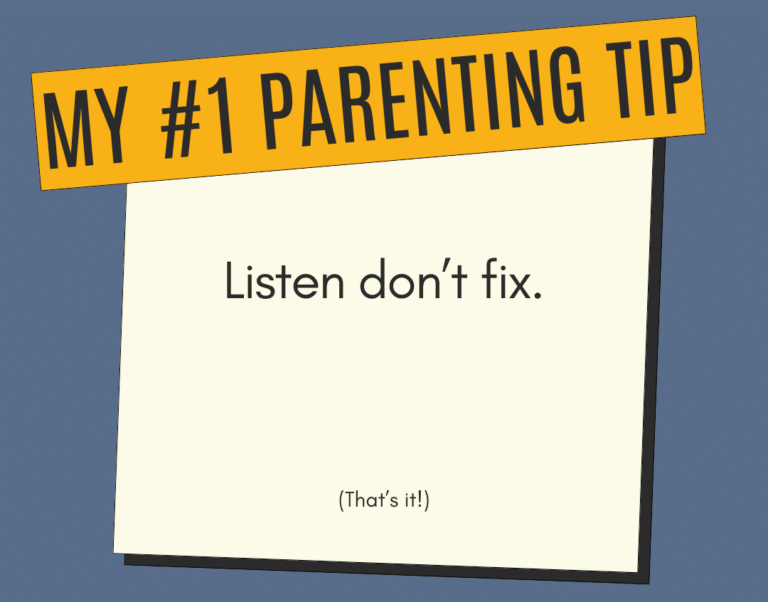
Listen don’t fix
If I could pick just one top parenting tip for parents, it would be “Listen don’t fix.” As adults, we are often very quick to jump in and try to fix children’s problems for them,...
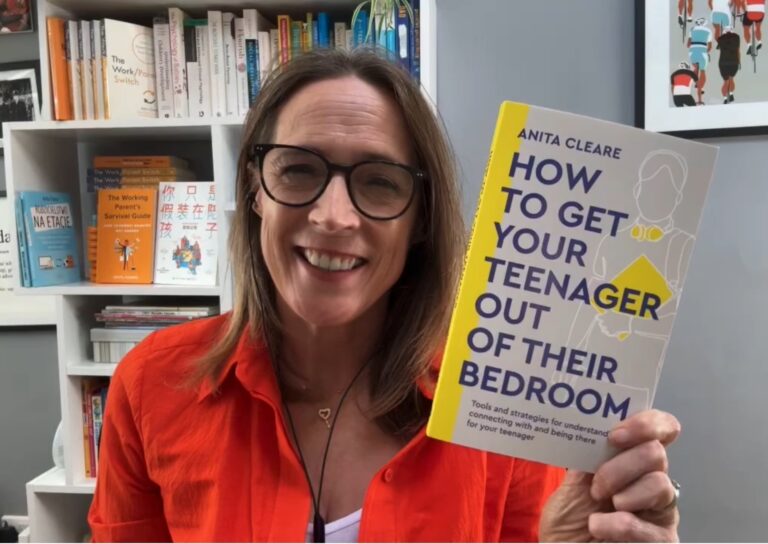
How to boost your teen’s self-esteem
Telling a teen not to care what their friends think doesn’t work. If you want your teen to believe in themselves and bounce through the hurt and self-doubt of the teenage years, then criticising...
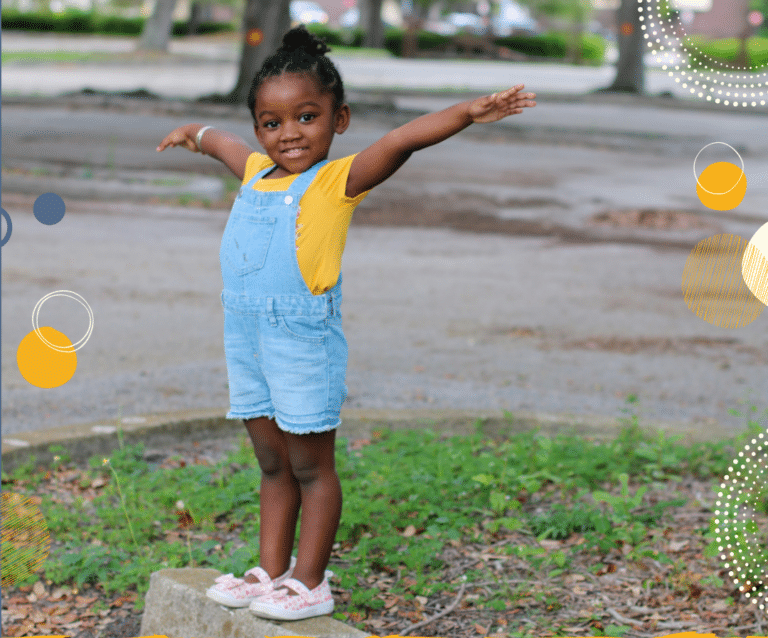
Realistic expectations are good for children and parents
Having realistic expectations – of yourself and your children – is key to positive parenting. It builds children’s self-esteem, reduces parenting stress and helps you enjoy your...

When children’s emotions trigger parents’ emotions
“Becoming a parent brings with it a host of overwhelming feelings, both harrowing and beautiful: the surge of pure love when you watch your child sleeping; the tears of joy when they stand on...
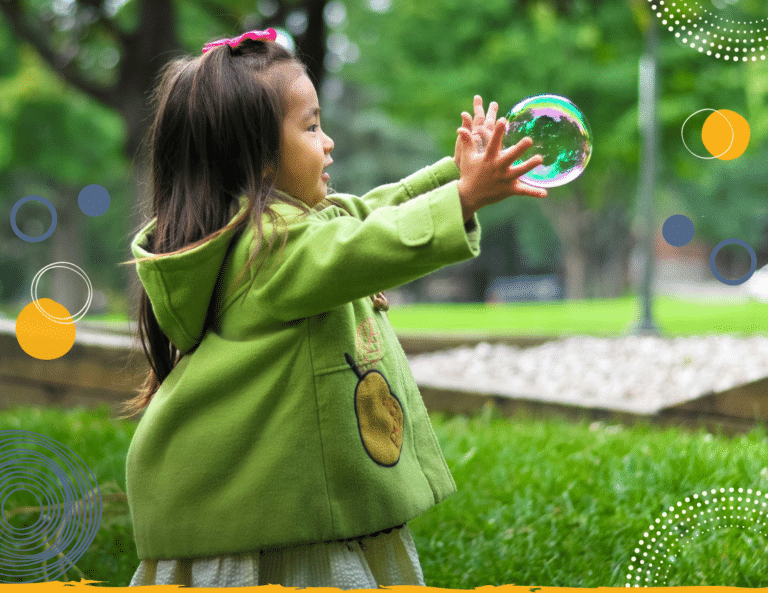
How play helps children’s mental health
Play helps children’s mental health in a huge variety of ways. Yet, it is seldom the first thing we think about when it comes to supporting children’s mental or emotional wellbeing. This...
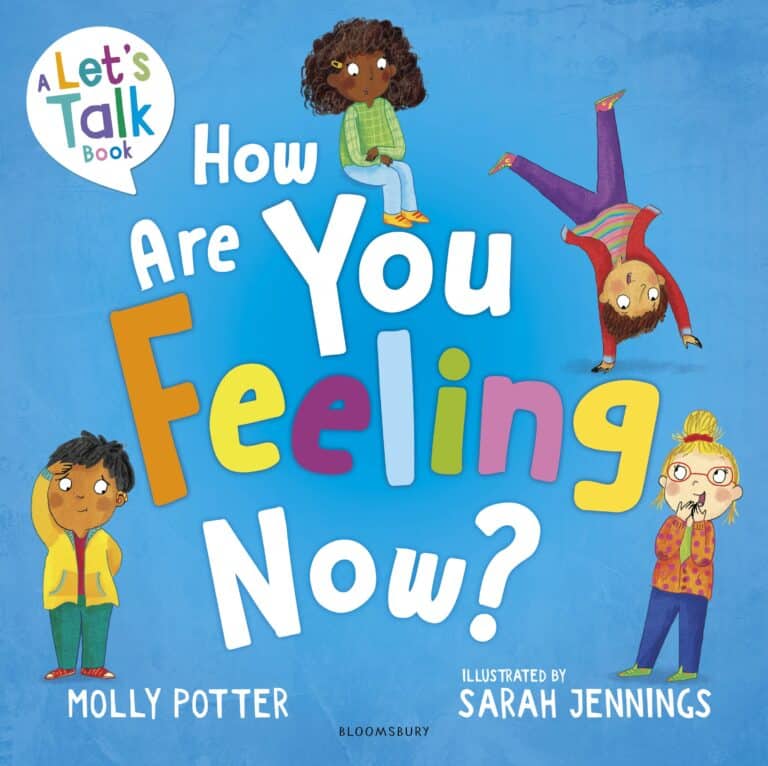
How Are You Feeling Now? Interview with children’s author Molly Potter
Molly Potter is a best-selling children’s author whose books help parents and children talk about feelings and other tricky topics. I’m a huge fan of her books, so I was delighted to have...
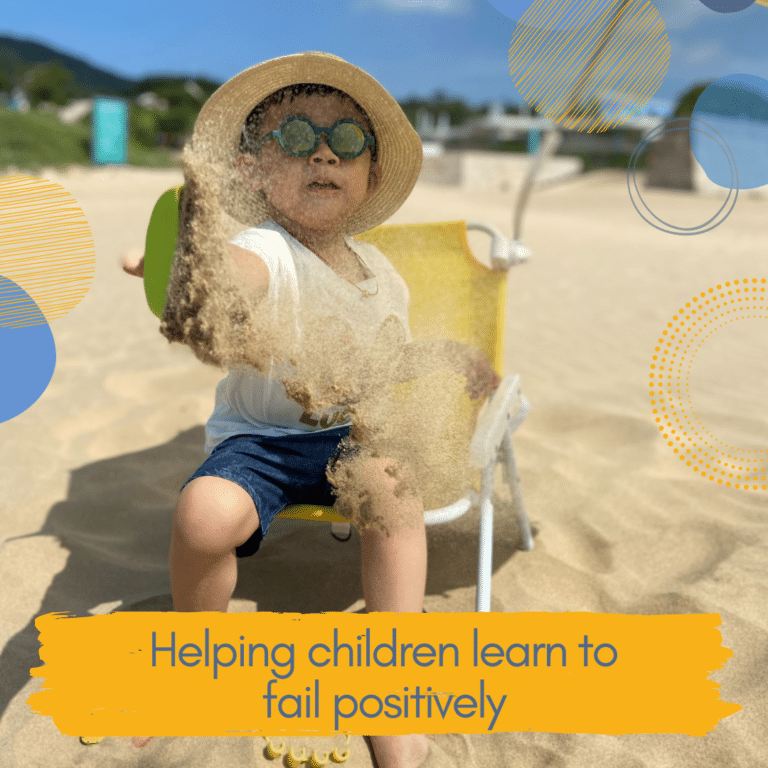
Helping children learn to fail positively
Perfectionism is not helpful for children’s learning. Children with perfectionist tendencies will often avoid challenges due to fear of failure, or they may abandon tasks due to frustration and...
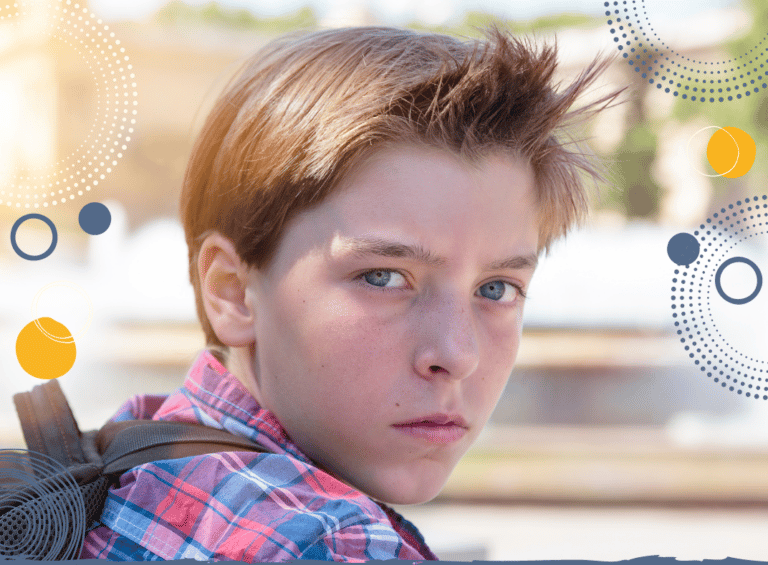
How to help your child transition to secondary school
The move up from primary to secondary education is a big step. There are lots of changes (for both children and parents) and some children do find the shift challenging. However, there are lots of...
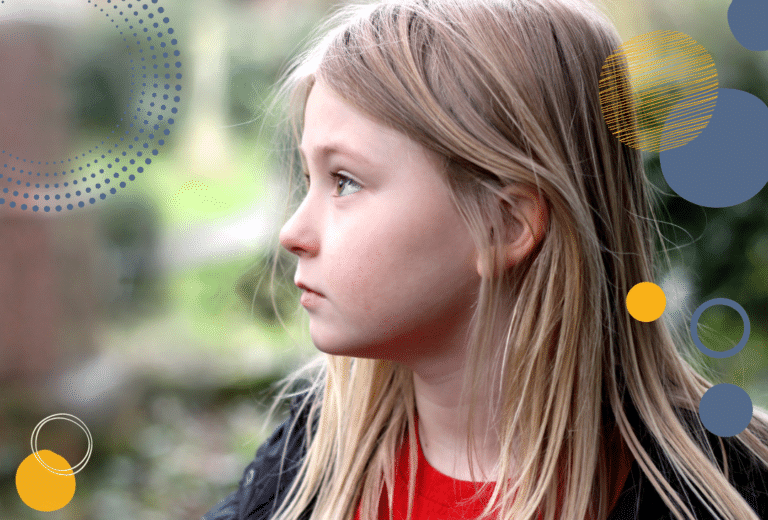
What to say when children are worried
It can be really difficult for parents to know what to say when children are worried. We desperately want to make them feel better as quickly as possible – but supporting an anxious child takes...

How to be a resilient family
Five features of a resilient family and the most helpful habits you can cultivate to boost family resilience during tough times. 1. Positive mindset Resilient families tend to have a can-do attitude...

Talking to children about money and the cost of living
Tips for talking to children about money and the cost of living crisis With the current economic crisis, families are faced with difficult choices about household finances. Parents are having to say...

How to praise to build children’s self-esteem
Praise helps build children’s self-esteem when it is specific and believable and when it helps children interpret their failures positively. Here’s an ultra-quick video guide on how to...
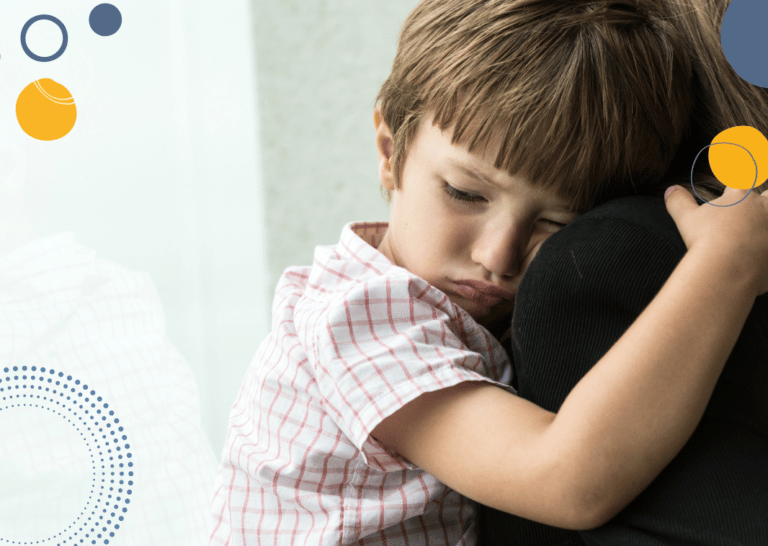
How naming emotions builds children’s emotional resilience
Emotional resilience is the ability to bounce back from hard moments, face challenges and cope with stressful events. Naming emotions is a really important step in building children’s emotional...
Learning to be comfortable with our children’s discomfort…
When challenges happen in children’s worlds and they are held in the grip of big feelings, the last thing they need from their parents is a whirlwind. They don’t need us to throw our big...
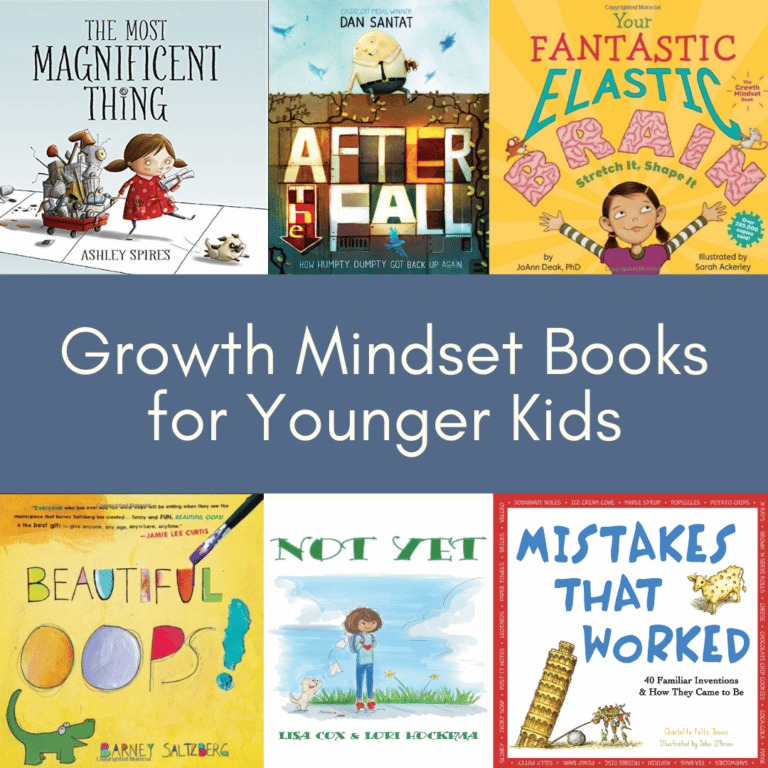
10 Growth Mindset Books for Younger Kids
With younger children, encouraging a growth mindset is best done through engaging stories that will help them reflect on their own experiences. The best growth mindset books for this age group...
Activities to build children’s confidence
My original idea for this post was to write a summer bucket list of fun activities to build children’s confidence and inspire them to believe “I can do hard things!” However, to be...
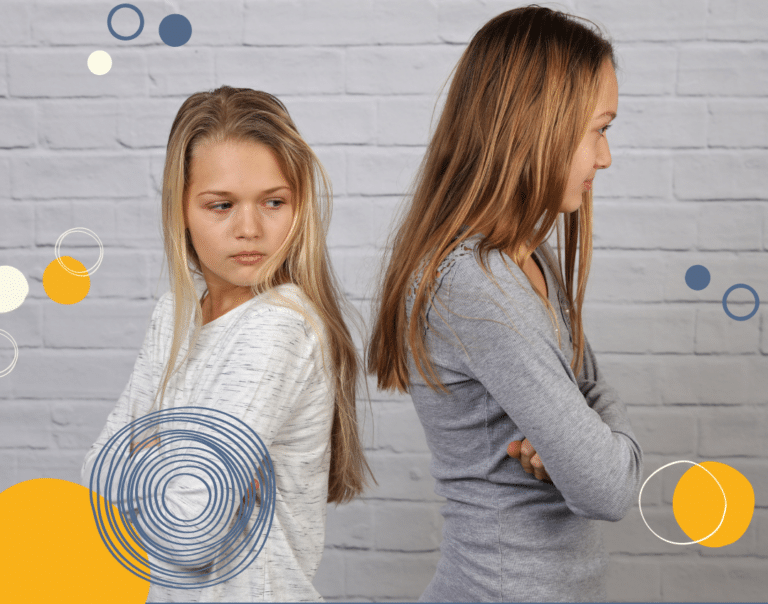
Helping children with friendship problems
Helping children with friendship problems is all about listening and empowering and very little about giving advice. There are some clear Do’s and Don’ts. But before we get to those,...
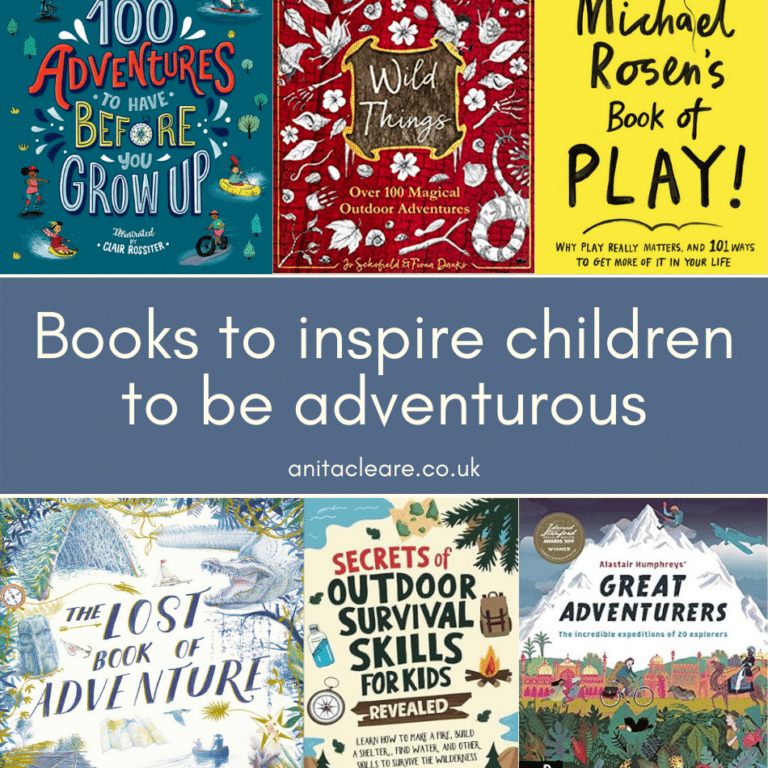
Books to inspire children to be adventurous
When I was seven, my favourite pastime was planning adventures with the kids who lived in my lane. We would put together Adventure Kits (these usually involved string and snacks!) and head off into...

Balancing safety and independence in children’s lives
When it comes to balancing safety and independence in children’s lives, we live in an era when risk-averse parenting is the norm. Children now spend more time being supervised by adults, more...
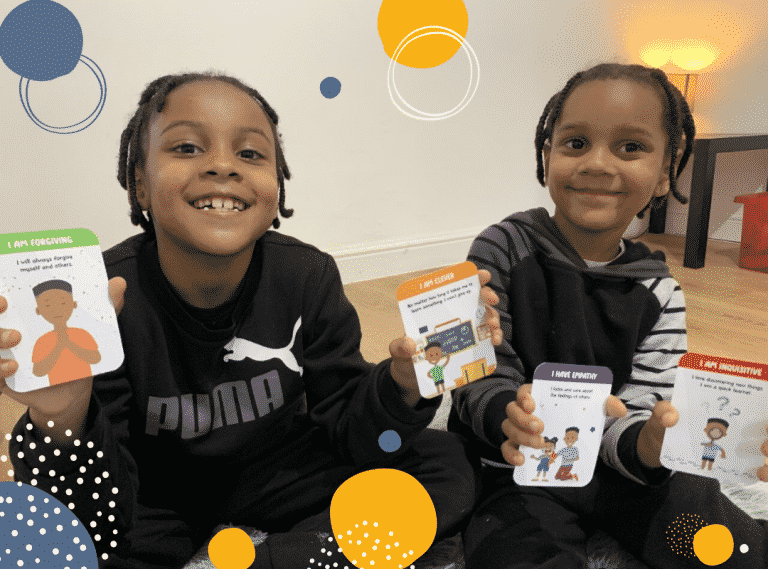
How positive affirmations can boost children’s confidence
This is a guest post by Chrissy Brown, founder of Young Positive Minds. In this post, she explains how positive affirmations can help build children’s confidence and self-esteem and how parents...
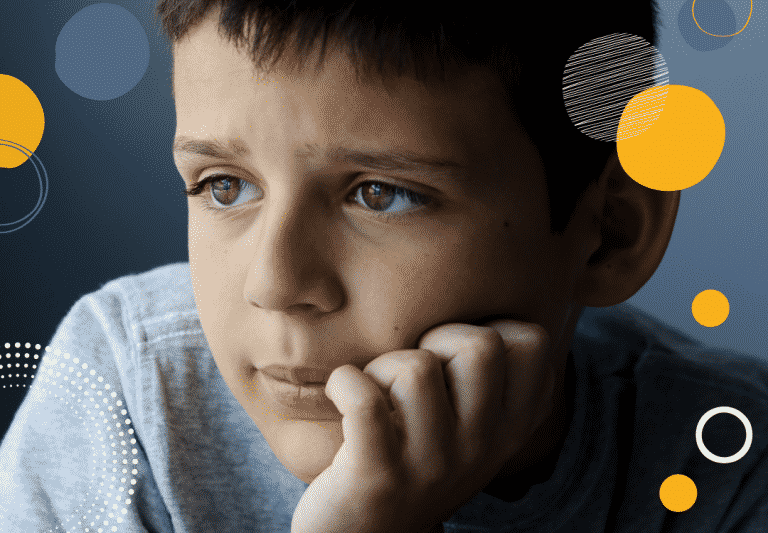
Using ‘mental gym’ to support children with anxiety
The principle of mental gym is quite simple. It is a way of practising different thought patterns in order to develop more flexible thinking and break out of negative responses. Mental gym is...

How parents’ self-esteem affects children
Self-esteem naturally ebbs and flows throughout life. Many parents find that their self-esteem takes a dive when they have young children, for example. Children make huge demands on our time and that...
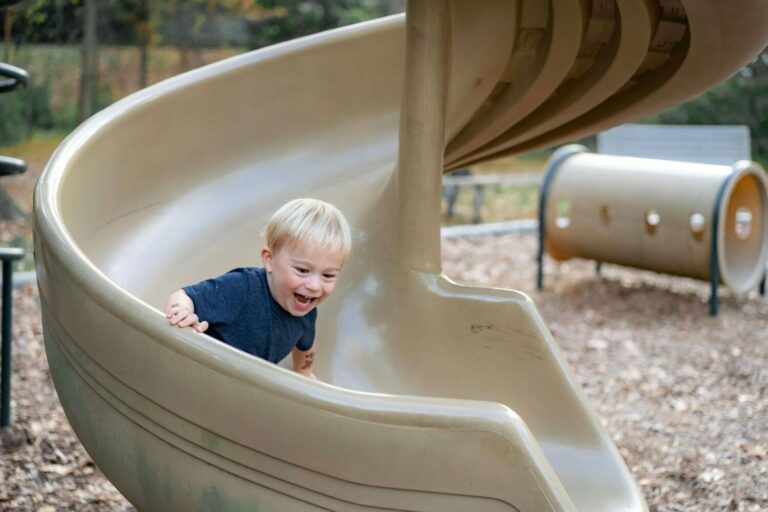
How ‘moments to shine’ build children’s self-esteem
Experiencing ‘moments to shine’ is really important for building children’s self-esteem. Here’s what those moments look like and how parents can make them happen every day:...
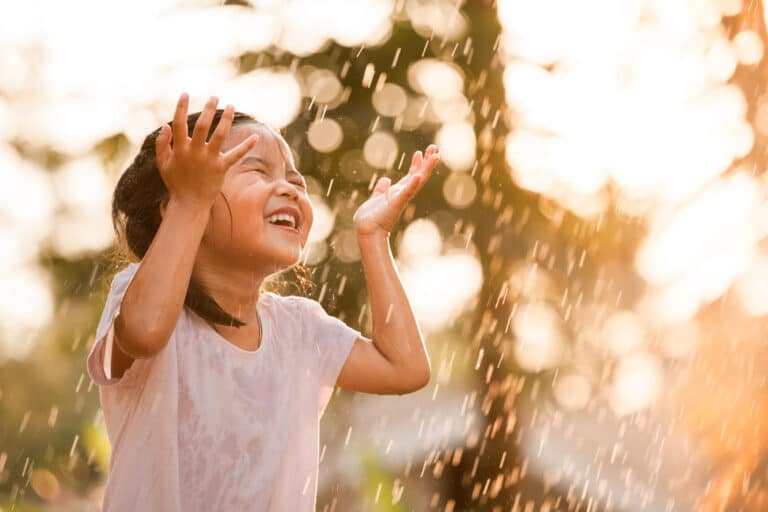
Creating a mentally healthy family life
Mental ill health can strike anyone. At any time of life. But, just as with physical health, there are simple things we can all do to boost our mental and emotional wellbeing. There is lots of...
